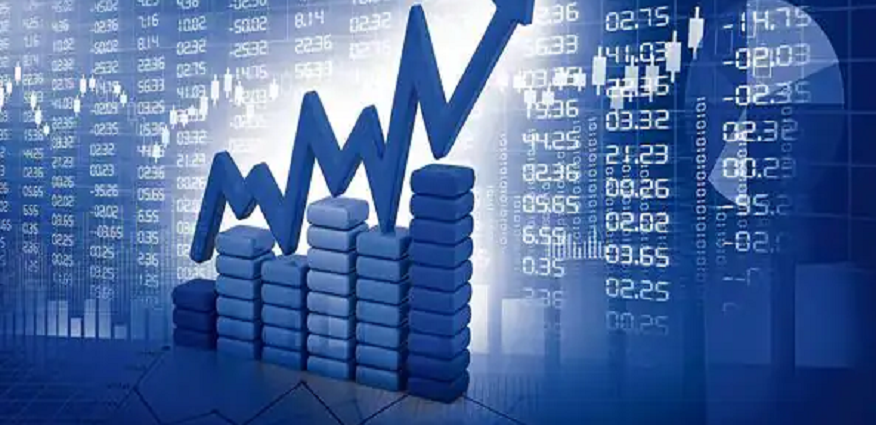The financial landscape of the world today is highly complex. As market information is readily available to traders and investors today, investor sentiment is driven majorly by analysis and data as opposed to an emotion-driven response. Inflation is a classic example of this. As per Kavan Choksi, traditionally, the majority of people considered inflation to be a sign of an unhealthy economy. However, modern investors are better-informed and. They have a good understanding of the economic cycles, and try their best to make investment decisions factoring in the impact of inflation or recession.
Kavan Choksi discusses the impact of inflation on the stock market
Inflation implies to the broad, gradual increase in prices across the economy. As prices go up, inflation lowers the purchasing power of money. Central banks consider a moderate amount of inflation a necessity in order to sustain economic growth. The Fed typically aims for a long-term target of 2% annual inflation growth, for instance, as measured by the core PCE or personal consumption expenditures price index. However, if the inflation runs too high for too long, it might be a negative sign for the economy. Hot inflation is an indication that consumer demand is outpacing supply, thereby driving prices higher. Supply chain problems additionally might make goods more costly. Either way, prices do rise high enough to the point where spending goes down. When spending declines, the economy might tumble into a recession.
Higher inflation is not necessarily bad for stock prices by itself. Climbing stock prices helps in boosting corporate profits, particularly if businesses are able to pass on higher input expenses to their customers via price hikes. Higher interest rates are a wholly different story when it comes to stocks. If inflation does get out of hand the remedy would be higher interest rates. The rising rates make credit more costly for consumers and businesses, and discourage them from investing and spending. This can ultimately hamper revenue and lower profits, thereby hurting the stock prices.
Even though increasing interest rates are generally bad news for a large number many stocks, certain ones are more negatively impacted than others. Growth stocks for example are particularly sensitive to rising interest rates. Financial analysts and fund managers tend to leverage discounted cash flow models for the purpose of valuing the future earnings of a company. The higher interest rates are today, the lesser value these models assign to future cash flows of the growth stocks. Stocks of consumer staples and utility sector, on the other hand, have historically held up well when inflation has reared its head. The interplay between the stock market and inflation is complex.
As per Kavan Choksi, in an ideal world, the stock market is likely to experience a sustained growth in prices of around 1% to 3% per year. This is considered to be below-to-moderate inflation. However, if the annual inflation climbs above this level, the stock market gets overcome by uncertainty, volatility as well as slowing consumer spending. This may ultimately lead to lower economic growth, which causes valuation concerns and can lead to weak stock market performance.

